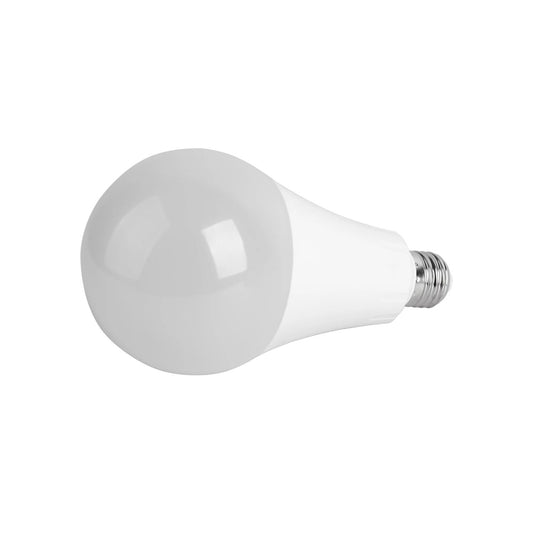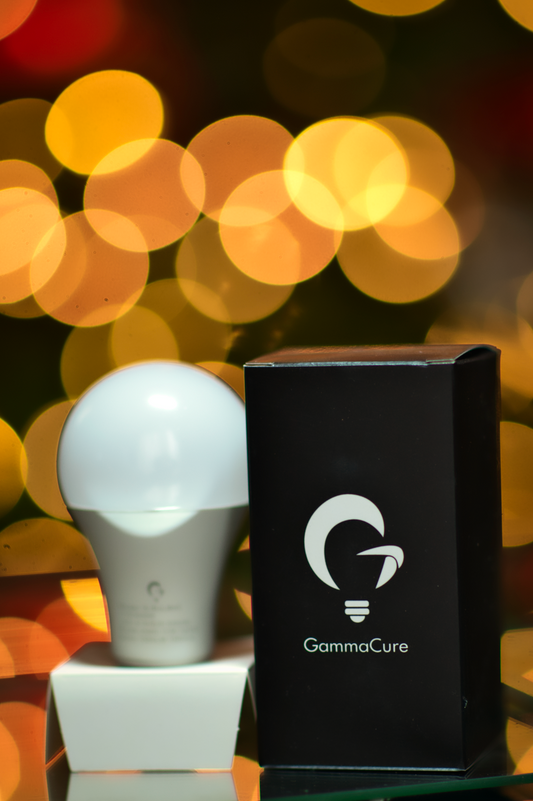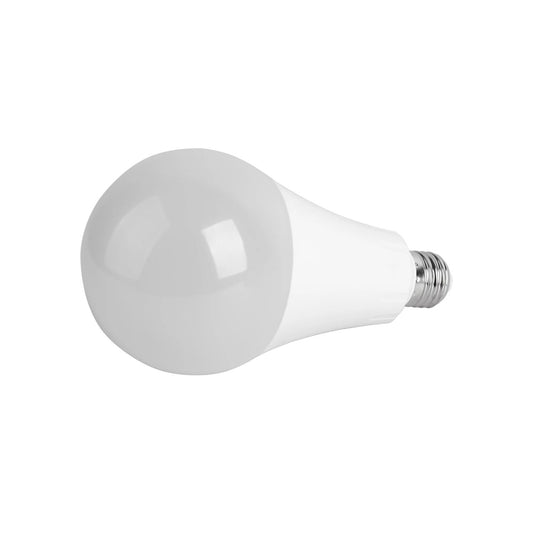
Recent studies on the possible advantages of 40Hz gamma light treatment for increasing the activity of gamma brain waves in the human brain.
It seems that exposure to a light flashing at a frequency of 40Hz may be able to trigger the generation of gamma brain waves via a process known as photic entrainment. These waves, in turn, have the ability to activate microglial cells in the brain, which are responsible for clearing up beta amyloid plaques. This might potentially slow the progression of Alzheimer’s disease.

In the course of our research, a sample population were subjected to 40Hz gamma light treatment for a total of seven days, each of which consisted of one hour. The findings were rather encouraging, as we discovered a significant drop in the amounts of beta amyloid found in both the neocortex and the hippocampus of the participants in this study.
It is important to keep in mind that beta amyloid plaques are one of the primary factors that lead to the development of Alzheimer’s disease. As a result, the capability of using 40Hz gamma light therapy to lessen their presence in the brain has the potential to have important ramifications for the treatment and prevention of this debilitating disorder.

In addition, this research reveals that there is a possibility that this kind of therapy is more successful when it is carried out on a regular basis. This is a very significant aspect to take into account since it emphasizes how critical it is to maintain exposure to the pulsating light in order to accomplish the objectives that have been set.
As a conclusion, the study reveals compelling evidence for the possible advantages of 40Hz gamma light treatment in terms of increasing gamma brain wave activity and decreasing the amount of beta amyloid plaques present in the brain. These preliminary findings are certainly encouraging, and they suggest that light therapy may hold promise as a viable treatment option for individuals who are at risk of developing Alzheimer’s disease.



















